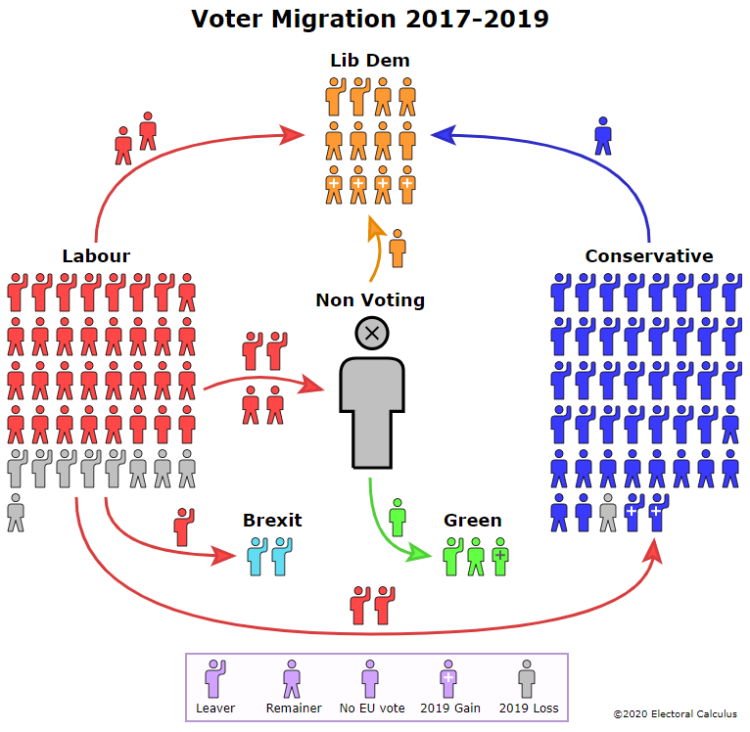On the economics, about micro-, macro- and the economics of ideas.
Technical debt, depreciation and risk

I wrote and posted a piece on Technical Debt on my linkedin blog. Its post comment, based on the concluding paragraph says, “I look at “Technical Debt” in the context of IT budget planning and suggest that it is not such a useful concept. Using standard risk management analysis is a more effective means of planning a maintenance budget which should consist of funding for both error & risk remediation. Depreciation is a better financial model for the problem.”
There must be much written about the nature of depreciation from physical wear and tear, to the need and cost to replace due to increasing failure; perhaps I should look for some reading on how this applies to information systems. I question if software is an asset in terms of accounting theory, I suppose so because it has value in more than one accounting period, but can it be realised? I also question the value of placing a cash value on software in use, identifying its cost to acquire is potentially simple, its residual value is much harder and synchronising this change to a single corporate depreciation rule can be difficult.
Some things I considered writing about include the number of times while trying to clean up or rationalise corporate IT estates to be told that, “you’re not touching that!”. We used to joke that they’d lost the system which pays the board’s bonuses, but these systems were almost always obsolete and acted as a technology sink keep product in the portfolio that should have been abandoned. Recently I came across the phrase, fictional capital, these systems had an unknown value and the decision to leave them alone seemed based on a pessimistic and fictional view of their value. I sometimes suggested turning them off to see who squealed but this advice was never accepted.
Also it needs to be considered that the maintenance budget is a function of the size of the information systems portfolio and much of it is a fixed cost. If you don’t spend the money the systems stop and they do not vary with output. …














